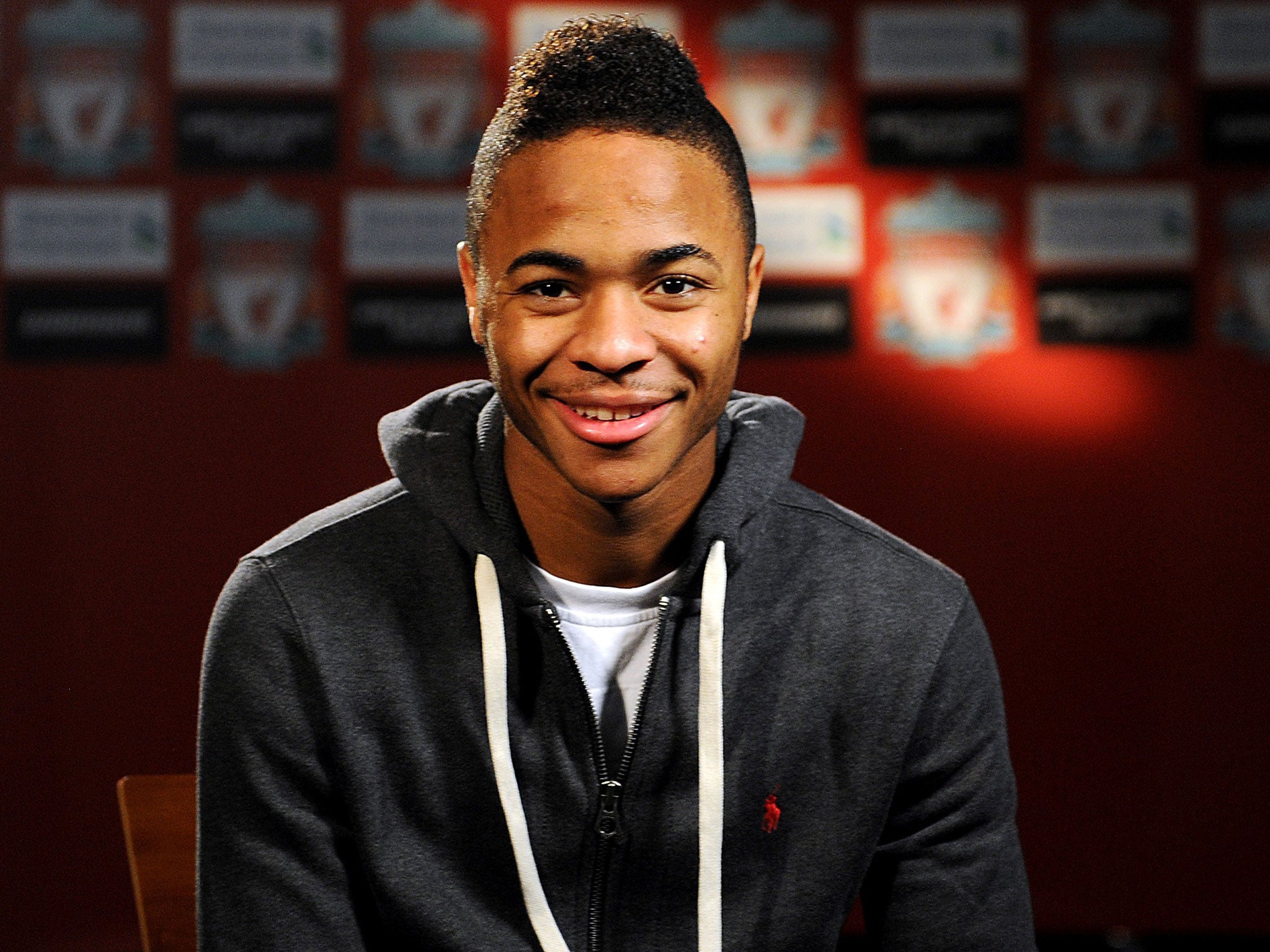The Premier League is a powerful force for good in society
Football's unique appeal, combined with the often imaginative approach of club staff, has improved thousands

Everton has long been known as the School of Science, now it is also teaching English, maths, arts, culture and digital media. The club have become the first in the country to open a school – not one which combines education with football for budding stars, as mooted under the revamped academy scheme, but one which works with truants and the expelled.
Everton Free School, which opened in September and now has 120 pupils aged 14-19, is one of the most notable of the 843 charitable projects run by football clubs and funded by the Premier League. The League, its clubs, owners and players, receive much criticism for being self-interested, money-obsessed, and emblematic of the ills of modern society - this week's criticism of Luis Suarez by Pime Minister David Cameron being an obvious example. Some of this criticism is deserved, a personal view is that nowhere near enough is done by the Premier League to support football's grassroots, but the organisation has become a powerful force for good in society using the game's allure to reach parts of the community government agencies struggle to influence.
Such as the pupils at Everton Free School., who have either been excluded from mainstream education, or are in danger of being so. Though not funded by the club the school draws on its resources, including players, to engage pupils who had lost faith in conventional schooling. Pupils attending had a 30 per cent attendance record, the school's first term average was 98 per cent.
The school was a natural progression for Everton in the Community which reaches 30,000 people annually. Its staff had been working for years with young adults whose education had not been a success and often wished they could have reached their clients earlier. There is some local opposition to the principle of Everton backing such a core plank of Conservative education policy, but EFS takes relatively few resources from maintained schools as it is a smallish venture and its pupils are otherwise not in school.
Elsewhere in the city Liverpool's Men's Health programme has become a partnership with the local Primary Care Trust using such innovative ideas as the 'Drop a Shirt Size' weight-loss scheme in which men who lose five per cent body weight get a new football shirt (it does not have to be a Liverpool one), comedy workshops (to build self-esteem) and mass cycle rides. Many other clubs are also heavily engaged in men's health, most men being more prepared to go to a football club than a doctor.
Arguably the most successful of all the community interventions is the Kickz scheme, initially run in conjunction with the Metropolitan Police and now not just rolled out across England, but also exported to Brazil, India and Indonesia. Kickz operates in areas of social deprivation engaging young people who might otherwise be up to mischief. Last year's leading scheme, at Wolves, reduced crime by 41 per cent in one area. The scheme has survived Wolves' relegation as there is ring-fenced funding, so the work has continued even when a club becomes a basket-case as at Portsmouth.
Many players go on to become Kickz coaches themselves. But two former Kickz participants went further, Raheem Sterling and Wilfried Zaha graduating to playing for England. Darren Harris and George Fletcher also won international recognition following involvement in community work at, respectively, West Bromwich Albion and Everton. Both played football for Great Britain in the Paralympics.
Disability projects feature prominently in the Creating Chances portfolio. So, too, does the Olympic legacy theme with football showing greater commitment than Government. The Premier League 4 Sport programme, lauded yesterday by Lord Coe, encourages participation not in football but a series of sports which get little publicity outside the Olympics: table tennis, hockey, badminton, judo, netball, basketball, volleyball and handball. Nearly 60,000 young people have tried these sports, a quarter of them playing their first sport outside compulsory school lessons. Thousands have gone on to earn coaching and administrative qualifications in their new sports. The model has been so successful Sport England has become involved to expand the scheme's reach to more sports and communities.
The Premier League claims to invest £45m into community work, 3.7 per cent of its income, way above the UK average for CSR (Corporate Social Responsibility). Even though this figure is inflated as it includes, for example, investment in non-league stadia via the Football Foundation, and only applies to centrally received revenue, like TV money, it would be churlish not to recognise the contribution made by what are, in reality, 20 private companies. The League also points out that it pays more than £1bn a year to the Exchequer via corporate and income tax. But it is not just about the money. Football's unique appeal, combined with the often imaginative approach of club staff, has improved thousands of lives in real terms, rather than just for a few hours after a winning Saturday.
Subscribe to Independent Premium to bookmark this article
Want to bookmark your favourite articles and stories to read or reference later? Start your Independent Premium subscription today.

Join our commenting forum
Join thought-provoking conversations, follow other Independent readers and see their replies